You need to distinguish between variables, references and objects.
This line:
b = a;
sets the value of b to the value of a. That value is a reference. It's a reference to an object. At this point, making changes to that object via either a or b will just make changes to the same object - those changes would be visible via either a or b too, as both still have references to the same object.
They're like two pieces of paper with the same house address written on them though - the two variables don't know anything about each other, they just happen to have the same value due to the previous line.
So, when we change the value of b on this line:
b = null;
that just changes the value of b. It sets the value of b to a null reference. This makes no changes to either the value of a or the StringBuilder object which the old value of b referred to.
I have an article which goes into more details on this, and which you may find useful.
